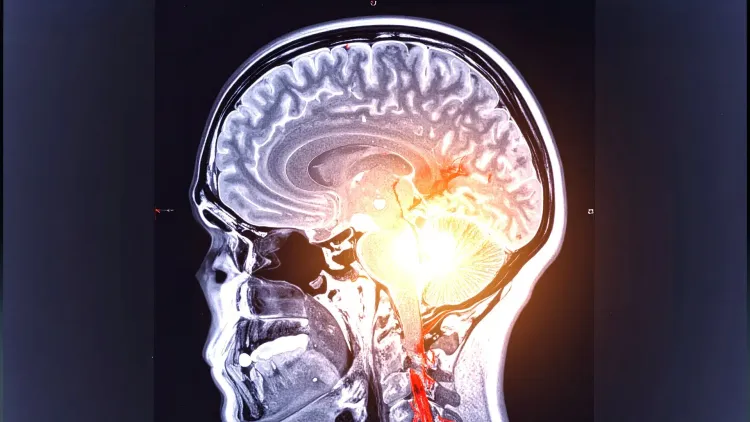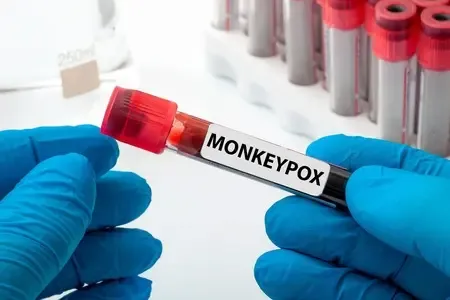Could Oral and Gut Bacteria Exacerbate Parkinson's Disease?

Synopsis
Key Takeaways
- Oral and gut bacteria may worsen symptoms of Parkinson's disease.
- Changes in the microbiome could act as early warning signs.
- AI tools help identify bacterial species linked to cognitive decline.
- Virulence factors could become biomarkers for dementia risk.
- Oral hygiene and nutrition are vital for managing Parkinson's.
New Delhi, June 10 (NationPress) Recent research indicates that bacteria residing in the oral cavity and gastrointestinal tract might significantly influence the advancement of cognitive decline associated with Parkinson's disease. The study highlights specific alterations in the gut microbiome linked to the transition from mild memory issues to dementia, a prevalent and troubling symptom of the condition.
Diagnosing Parkinson's in its early phases remains challenging; however, these microbiome changes could serve as potential early indicators of the disease, according to researchers from King's College London.
Such insights may assist healthcare providers in identifying and managing the disease before symptoms intensify.
Dr. Saeed Shoaie, a leading researcher at the Quantitative Systems Biology Lab at King's College London, stated, "The interplay between human gut and oral bacteria is increasingly associated with neurodegenerative disorders. Disruptions in the gut-brain axis might instigate inflammation and immune reactions that lead to neuronal damage."
The study, published in the journal Gut Microbes, examined bacteria from 228 stool and saliva samples.
It included two patient groups with Parkinson's—one with mild cognitive decline and another with dementia—contrasted against a healthy control group lacking a Parkinson's diagnosis.
Results revealed significant disparities in bacterial types and functions among the groups. Individuals with cognitive impairment exhibited an increased presence of harmful bacteria, many of which likely originated from the mouth.
This phenomenon, termed oral-gut translocation, describes the migration of oral bacteria into the gut, where they are typically absent.
These bacteria produce specific molecules known as virulence factors, which are toxins capable of damaging gut tissue, fostering inflammation, and potentially impacting the brain.
Dr. Frederick Clasen, a research associate at King's, remarked, "We are yet to determine whether the bacteria are instigating cognitive decline or if Parkinson's-related bodily changes facilitate their growth. Nevertheless, our findings imply they may actively contribute to worsening symptoms."
Employing artificial intelligence (AI), the team linked these toxins directly to cognitive decline in individuals with Parkinson's. AI tools enabled the identification of bacterial species and functions that traditional analysis might overlook.
Dr. Clasen elaborated, "These toxins could serve as biological markers for identifying patients at elevated risk for dementia in Parkinson's. In the future, they might also represent targets for innovative treatments that safeguard the brain by modifying the gut environment."
The study underscores the significance of oral hygiene and nutrition for individuals with Parkinson's, particularly as the disease advances.








